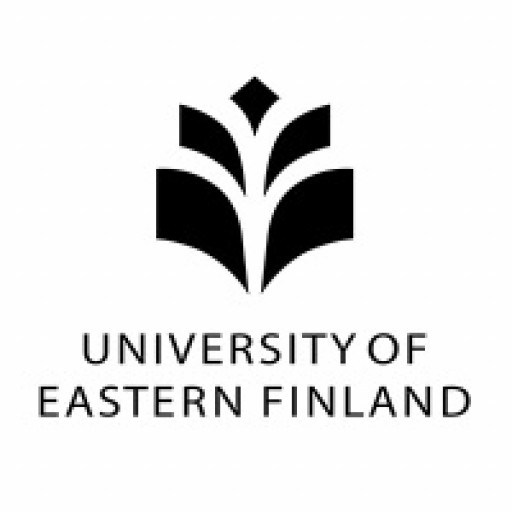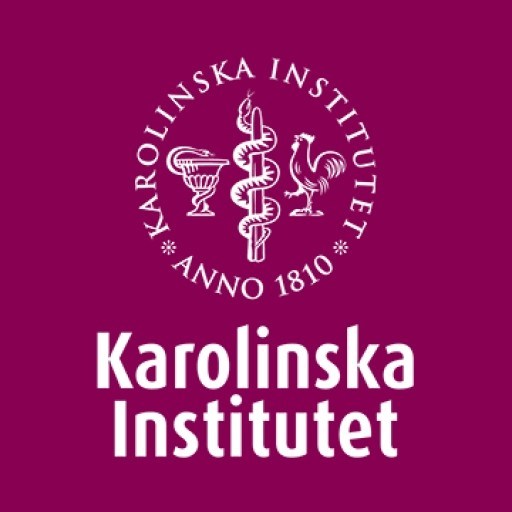Photos of university / #ucl
Advanced Biomedical Imaging at University College London offers a cutting-edge MSc programme designed to provide students with comprehensive knowledge and practical skills in the field of biomedical imaging technologies. This interdisciplinary course combines principles from physics, engineering, and biology to equip graduates with the ability to develop, evaluate, and apply advanced imaging techniques for medical research and clinical diagnosis. The programme covers a broad range of topics, including magnetic resonance imaging (MRI), computed tomography (CT), optical imaging, ultrasound, and positron emission tomography (PET), providing students with a thorough understanding of how these methods can be utilised to uncover vital information about biological systems and disease processes. Students will engage in a combination of lectures, laboratory work, and research projects, enabling them to gain hands-on experience with state-of-the-art imaging equipment and analytical software. The course also emphasizes the importance of data analysis, image processing, and interpretation skills necessary for translating imaging data into meaningful clinical insights. Throughout the programme, students are encouraged to develop critical thinking and problem-solving abilities, preparing them for careers in academia, the medical imaging industry, or healthcare research organizations. The programme is suitable for graduates with backgrounds in physics, engineering, life sciences, or related disciplines who aim to specialize further in biomedical imaging or pursue a research-focused career. Collaborations with hospitals and research institutes provide opportunities for practical training and research projects that address real-world healthcare challenges. Graduates of this MSc programme will be well-positioned to contribute to innovations in medical imaging technology, improve diagnostic methodologies, and support the development of personalized medicine. The course reflects UCL’s commitment to excellence in healthcare innovation and its strong emphasis on research-led teaching, ensuring graduates are equipped with the latest knowledge and skills to succeed in this dynamic field.
Imaging is essential for diagnosis of disease and development of novel treatments. This programme focuses on translational medical imaging, and the development and use of preclinical imaging technologies to detect, monitor and prevent illnesses such as cancer, heart diseases and neurodegeneration. Students will undertake an independent research-based project in UCL’s world-class laboratories and develop their communication skills in biomedical science.
Students undertake modules to the value of 180 credits.
The programme consists of six core modules (120 credits), and a research dissertation (60 credits).
A Postgraduate Diploma (120 credits, full-time) is offered.
A Postgraduate Certificate (60 credits, full-time) is offered.
Core modules
- Advanced Biomedical Imaging Techniques I & II
- Practical Preclinical Research (including Home Office Personal Licence)
- Translational Biomedical Imaging of Disease and Therapy I & II
- Science Communication for Biomedicine
- Statistical Methods in Research
- Ethics and Regulation of Research
Dissertation/report
All MSc students undertake an independent research project which culminates in a dissertation of 7,000 words or a manuscript suitable for submission to a peer-reviewed journal.
Teaching and learning
The programme is delivered through a combination of seminars, lectures, laboratory work, site visits and practicals. Assessment is through examination, presentations, essays, practical reports and the dissertation.
A minimum of an upper second-class Bachelor's degree in a scientific or medical discipline from a UK university or an overseas qualification of an equivalent standard.
English language requirements
If your education has not been conducted in the English language, you will be expected to demonstrate evidence of an adequate level of English proficiency.
The Master’s degree in Advanced Biomedical Imaging at University College London offers a range of options for financing your studies. Students are encouraged to explore various funding opportunities, including scholarships, grants, and loans. UCL provides a number of scholarships specifically aimed at students pursuing postgraduate degrees, which may cover tuition fees partially or entirely. These scholarships are awarded based on academic merit, financial need, or through specific criteria set by donors. Additionally, students can apply for UCL Graduate Scholarships, which are highly competitive and available to international and domestic students alike. External funding sources such as government loans, private scholarships, and research grants may also be applicable depending on the student’s nationality and funding eligibility.
International students should consider options like the Commonwealth Scholarship or the CHEVENING Scholarship, which are open to students from eligible countries. Domestic students can benefit from student loan schemes provided by the UK government, allowing them to spread the cost of tuition over the duration of their studies. Some students might also secure funding through their current employer or professional organizations, especially if the study aligns with their career development or research interests. UCL’s Financial Support team provides comprehensive guidance and resources to help prospective and current students identify suitable sources of funding. Finally, students should also consider part-time work opportunities on or near campus, which can help support their living expenses during their studies. Overall, financing an advanced degree at UCL involves a combination of scholarships, loans, and personal funds, with many resources available to support students in managing the costs associated with studying in London.
Advanced Biomedical Imaging at University College London (UCL) is a cutting-edge postgraduate program designed to provide students with comprehensive knowledge and practical skills in the field of biomedical imaging technologies. This program integrates principles from physics, engineering, biology, and medicine to equip graduates with the ability to develop, apply, and interpret advanced imaging techniques used in healthcare, research, and diagnostics. The curriculum covers a wide range of topics, including magnetic resonance imaging (MRI), computed tomography (CT), positron emission tomography (PET), ultrasound, microscopy, and emerging imaging modalities. Students gain hands-on experience through laboratory work, research projects, and collaboration with leading experts in the field.
The program emphasizes multidisciplinary learning, encouraging students to understand the biological basis of imaging, the technological developments in imaging hardware and software, and the analytical methods used to process imaging data. It aims to foster innovation in biomedical imaging research and its translation into clinical practice, addressing crucial challenges such as improving image resolution, reducing exposure to radiation, and increasing the specificity and sensitivity of imaging techniques.
Graduates of the Advanced Biomedical Imaging program are well-prepared for careers in academia, industry, or clinical settings. They may pursue research roles in universities and hospitals, work in medical device or imaging technology companies, or contribute to the development of new diagnostic tools and therapies. UCL’s strong links with healthcare providers and technological industries provide excellent opportunities for internships, collaborative projects, and networking.
The program is typically delivered over one year full-time and includes a combination of taught modules, laboratory training, and a research dissertation. Students benefit from UCL’s state-of-the-art facilities, including advanced imaging equipment and dedicated research labs. The program also emphasizes critical thinking, problem-solving, and the ability to communicate scientific findings effectively. Overall, the Advanced Biomedical Imaging MSc at UCL is a rigorous and innovative program designed to support the next generation of leaders in biomedical imaging research and applications.










